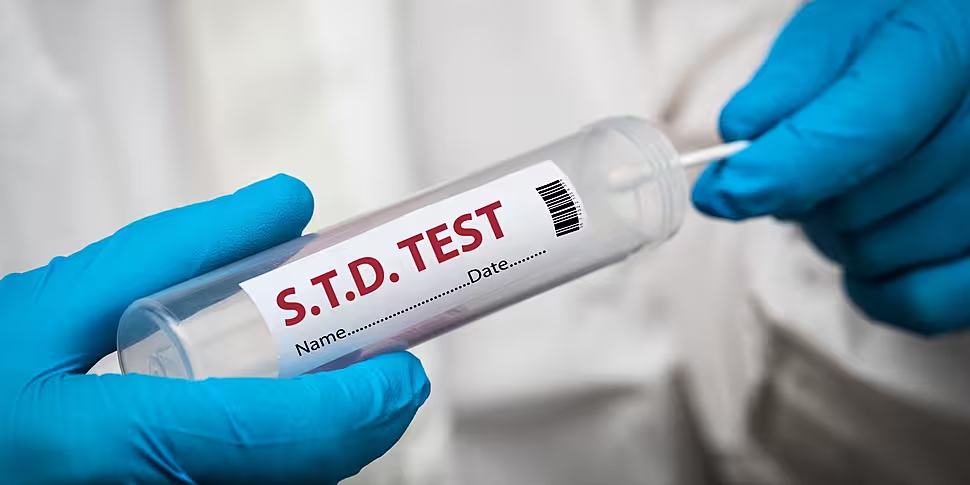In 2024, there was a 15.34% rise in syphilis diagnoses in Ireland, according to the Health Protection Surveillance Centre.
The centre recorded an increase of 118 cases of syphilis during the same 44-week period.
Syphilis is a sexually transmitted illness (STI) that is caused by unprotected oral, vaginal or anal sex or by direct skin-to-skin contact with a syphilis sore.
According to the HSE's SexualWellbeing website, the primary symptom of syphilis is a small sore on the parts of the body where the infection was transmitted, such as the penis, vagina, anus, rectum, tongue or lips.
Within two to six weeks, the sore is likely to disappear and the patient develops second-stage symptoms which include a non-itchy skin rash, tiredness, headaches, swollen lymph glands and eye problems.
After this second stage, syphilis is symptomless, however, if left untreated it can lead to very serious health problems as it will affect the brain, nerves, eyes, heart, bones, skin or blood vessels.
At this stage, untreated syphilis can be serious enough to cause death.
 Condoms on a blue jeans pocket, Alamy.
Condoms on a blue jeans pocket, Alamy.On The Hard Shoulder, sexual health consultant Dr Derek Freedman said the increase in syphilis and gonorrhea over the past five to eight years is "very worrying".
"These are readily treatable and readily curable infections that have long-term consequences - particularly syphilis," Dr Freedman said.
He stressed the importance of regular STI testing as a number of infections can be symptomless.
"If you don't get diagnosed, you don't get treated," he said.
Dr Freedman said it is vital to use condoms when having sex to prevent against STIs and to get tested regularly.
The HSE recommends STI testing for people who have symptoms of STIs, for people whose partners have STIs, for people who have changed their sexual partner and for people who have multiple sexual partners.
Free home testing is available through the HSE.
These tests check for chlamydia, gonorrhoea, HIV and syphilis.
Information on free home testing can be found here.
Feature image shows an STI test, Alamy.









